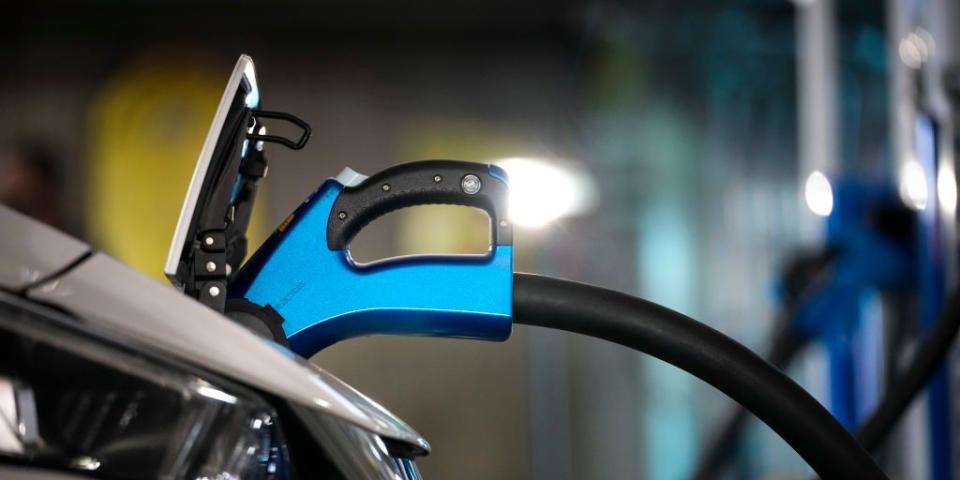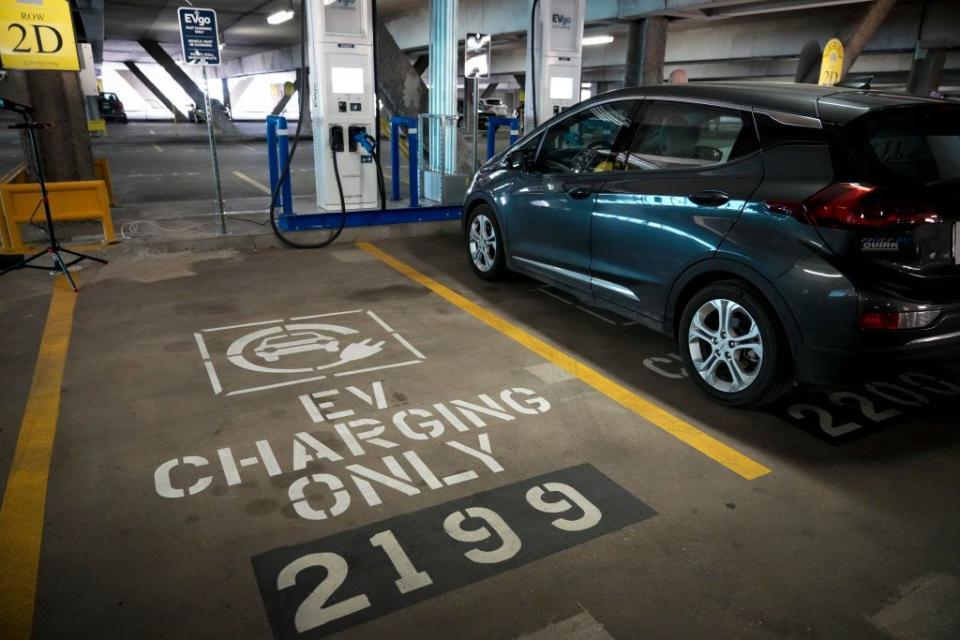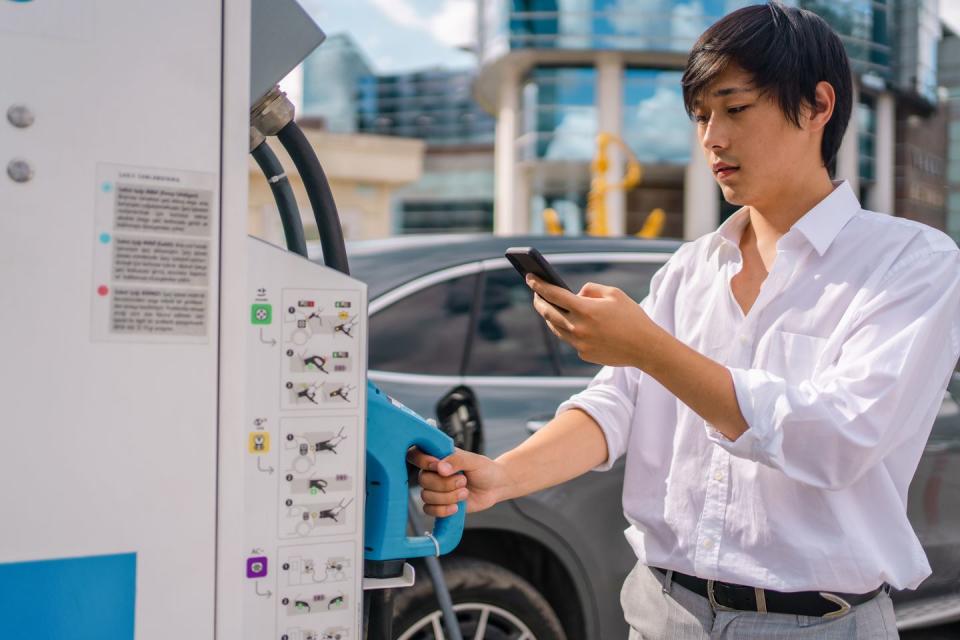The State of Electric Vehicle Sales in the United States

US Electric Car Sales
Electric vehicle sales in the United States is an interesting subject. Despite having well over 200 million licensed drivers, the number of those drivers that purchase electric vehicles is well below that of many countries worldwide. And while the United States did see a sharp increase in electric-vehicle registrations at the start of 2022, bringing EV share of the overall market up to a historic 4.6%, electric vehicles still account for a small portion overall compared with the rest of the world, which reached an 11% share in 2o22—and is light years behind the numbers that European countries such as Norway and Iceland put up. Electric vehicles comprise almost 80 percent of new vehicle sales in Norway, and in Iceland the number is a still respectable 60 percent.
The automobile market varies greatly from place to place within the U.S. itself. Californians buy more EVs than drivers in any other state, which also extends to plug-in hybrid and hybrid sales numbers. Market share for electric vehicles tends to be strongest in metropolitan areas, but the numbers drop sharply in less densely populated rural areas.
Factors Impacting EV Sales in the U.S.
Electric vehicle sales can be impacted by a number of factors, many of which are being actively addressed through infrastructure plans and improvements in technology and hardware.

Charging Infrastructure
Rather than a gas tank and liquid fuel, electric vehicles use battery packs to store energy for their propulsion system. This means that an EV driver must find a charging station when their vehicle's driving range becomes low, which can be a real challenge in rural areas or places with fewer drivers in general. It can be difficult for people to warm up to the idea of buying an EV in these places, because the charging infrastructure isn't in place to support them.
Purchase Price
Pricing is another major factor that weighs on buyers' decision to pick up a new EV. Automakers' pricing for electric vehicles has become more reasonable in recent years, but they are still more expensive than their gasoline-powered counterparts. There are exceptions, but most vehicles in the EV market cost more than a similar gas model. Some automakers have leaned into the exclusivity that EV pricing suggests, releasing ultra high-performance luxury EVs with sky-high price tags.
Knowledge and Learning
Part of the challenge for EV industry growth is consumer education and public perception. Hybrid vehicles and plug-in hybrid models have been popular and on sale for several years now, making them more familiar for people in the market for a new vehicle. While electric cars have been around for well over 100 years, people still perceive them as being new and futuristic. Automotive brands are hard at work to educate buyers about battery cells (including battery lifetime management/care) and charging, but electric vehicle growth in the coming years will depend heavily on how much information automakers can get into people's hands.


 Yahoo Autos
Yahoo Autos 